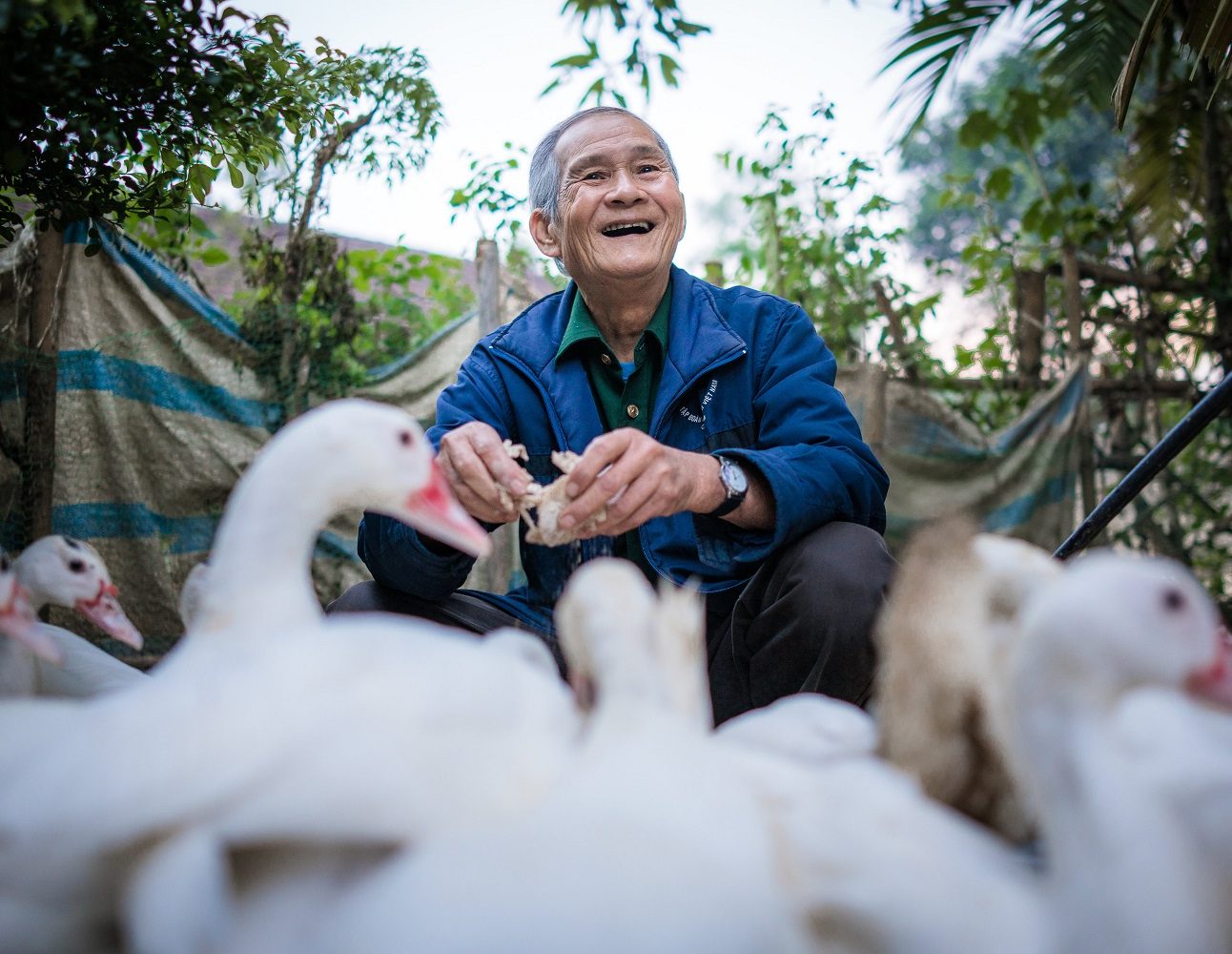2024’s 14th Open-Ended Working Group on Ageing (OEWGA) session marks a pivotal ‘make or break’ moment for the UN convention on the rights of older people.
After 13 years of meetings, this could be the last opportunity for UN Member States to forge a consensus on how to address critical gaps in the protection of older people’s rights.
They need to come together to decisively determine the imperative need for a convention to safeguard our comprehensive array of human rights in older age, otherwise they will be failing not only today’s older population, but also generations to come. The repercussions of them failing to do so would extend beyond the present, impacting the welfare and rights of future older people.
How did we get here?
It has taken the OEWGA, which was set up by the UN General Assembly in 2011, thirteen years to make a serious effort to come to a consensus on addressing existing gaps.
At its 2023 session, the OEWGA created the intersessional process to facilitate the consideration of the existing human rights framework and identification of possible gaps and how to best address them. A series of briefings have taken place over the course of the year and a questionnaire circulated by the two co-facilitators for Member States, National Human Rights Institutions, civil society and other interested stakeholders to provide insights into the gaps in older people’s rights and how best to address them.
Before the 14th OEWGA session, taking place between May 20-24 at the UN headquarters in New York, the co-facilitators will submit a “zero draft” of proposed intergovernmental negotiated recommendations on the gaps in the human rights framework and how to fill them. These recommendations will then be considered at OEWGA14 and presented for consideration to the UN General Assembly in 2024.
What can be done?
HelpAge International’s objective is for Member States to first: include a Convention on the rights of older people in the list of options in the inter-governmentally negotiated recommendations. Second, we want this recommendation to call for the establishment of a Working Group that would elaborate this Convention.
The outcome of Member State negotiations remains uncertain, creating an opportunity for civil society to engage with and influence this process. National organisations can join forces to influence supportive, as well as potentially supportive Member States, to take a strong stance in favour of the convention and to call for concrete steps to be taken to start drafting it.
The UN convention’s importance, and its potential impact, cannot be overstated.
As the global population ages, ensuring the rights and well-being of older people is becoming increasingly urgent. Despite efforts to protect human rights through various international and regional treaties and conventions, there remains a significant gap specifically addressing our rights as we age. This gap underscores the necessity for a dedicated UN Convention for the protection of rights of older people.
Older people often face unique challenges such as age discrimination, lack of access to healthcare, financial insecurity, violence, abuse, and neglect. A dedicated UN Convention would provide a comprehensive framework for safeguarding their fundamental rights to dignity, autonomy, healthcare, social protection, and participation in society.
Ageism, the stereotyping, and discrimination against individuals based on their age, is pervasive worldwide. A UN Convention would also raise awareness about ageism and promote respect for the rights and contributions of older people, fostering a culture of inclusion and combating discriminatory attitudes.

